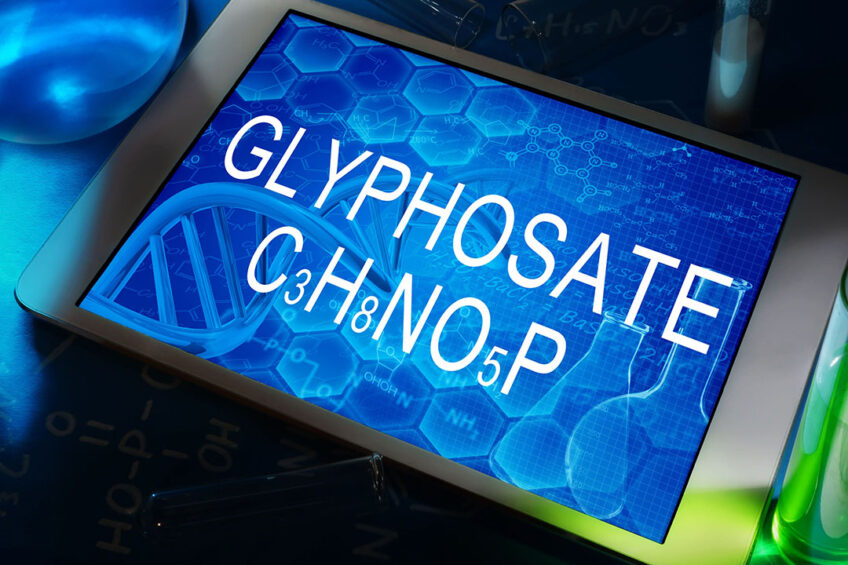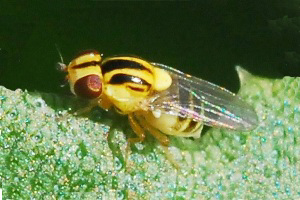Arable farmers face loss of glyphosate after approval block

Proposals by the European Commission to extend the expiry date on the current active substance approval for glyphosate have been thwarted by several EU member states.
Delays to the EU renewal assessment process means the approval will not be completed before the current EU active substance approval for glyphosate expires on 15 December.
EU members blocked extension
The Commission proposed to extend the expiry date by one year – a common regulatory practice. But when put to the vote, although there was backing for the extension by the majority of EU countries, it was opposed by Croatia, Malta and Luxembourg. France, Germany and Slovenia abstained from the vote which effectively blocked the proposal from moving forward.
What is glyphosate?
Glyphosate is a broad-spectrum systemic herbicide and crop desiccant which acts by inhibiting a certain plant enzyme. It is used to kill weeds and grasses that compete with crops. It has however been at the centre of a row over whether it is carcinogenic although the consensus among national pesticide regulatory agencies and scientific organisations is that labelled uses of glyphosate have demonstrated no evidence of human carcinogenicity.
US study – 81% of population exposed
EU member states are not the only block of nations concerned about glyphosate. The US Centres for Disease Control and Prevention highlighted the results of a new study that looked at exposure to the herbicide in the US during 2013/4. That report concluded that an estimated 81% of the US population has had recent exposure to glyphosate. Researchers noticed that fasting influenced both adults’ and children’s levels of glyphosate in urine. Longer times between eating can help determine whether food contributes to exposure to environmental chemicals. Participants who had not eaten for 8 or more hours had lower levels of glyphosate in their urine – suggesting that food is an important source of contact with the chemical. The US Environment Agency has said it not a carcinogen.
Impact of loss on farming sector
The loss of glyphosate would cause huge problems for farming, according to the National Farmers’ Union’s senior regulatory affairs adviser Dr Chris Hartfield, who said the herbicide reduced the need for farmers to use others and it also helped to protect soil and cut greenhouse gas emissions by reducing the need for ploughing.
“It also enables European farmers to grow crops that help produce safe, affordable and high quality food,” he said.
EFSA to continue peer review
Dr Hartfield said the vote showed how easy it was for popular opinion and politics to be able to trump evidence in Brussels. Earlier this year, the Assessment Group on Glyphosate, which comprises of 4 EU member states, produced a draft assessment of glyphosate, which was then reviewed by the EHCA’s (European Chemicals Agency) Committee for Risk Assessment.
The committee found that the available scientific evidence showed it was not justified to classify glyphosate as carcinogenic, mutagenic or reprotoxic substance. The European Food Safety Authority (EFSA) and scientific experts appointed by the 27 EU Member States are to continue the peer review process and discuss the evidence in a series of expert meetings, due to conclude by July 2023.
In the meantime, the Commission will submit the file to the Appeal Committee, which meets on Wednesday (15 November). Should there be no majority decision there, the proposal will continue to pass to the College of Commissioners, which could approve the rules on its own.








